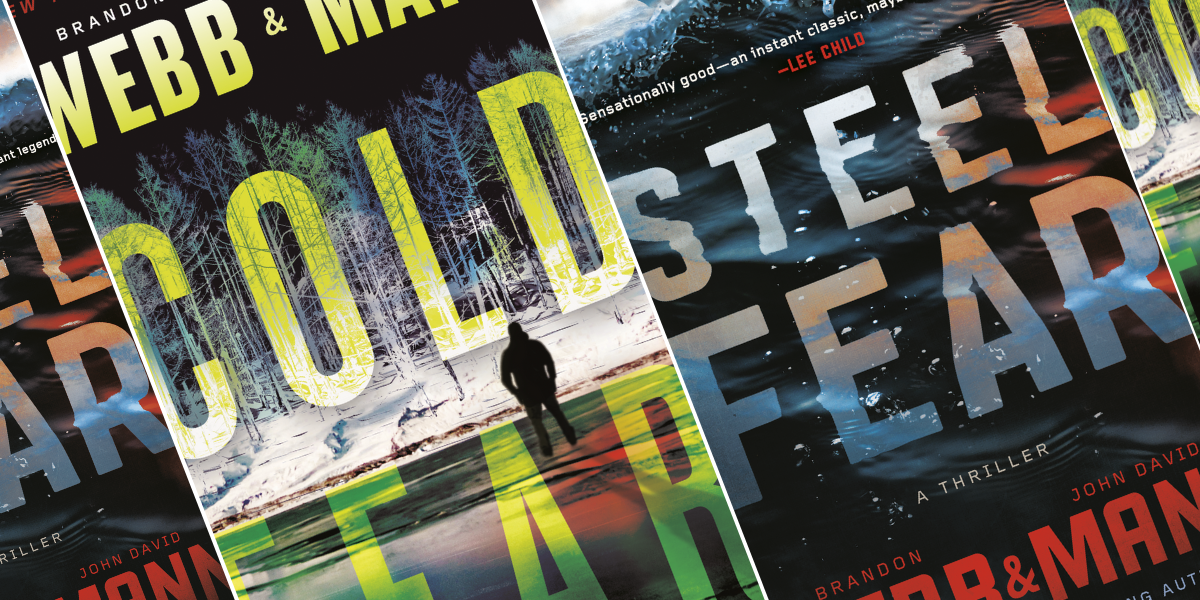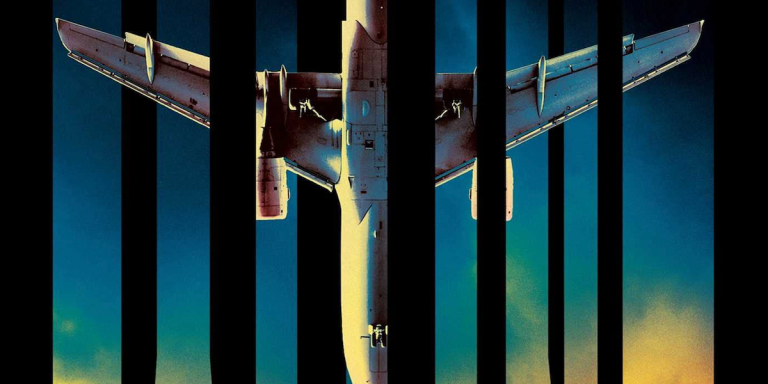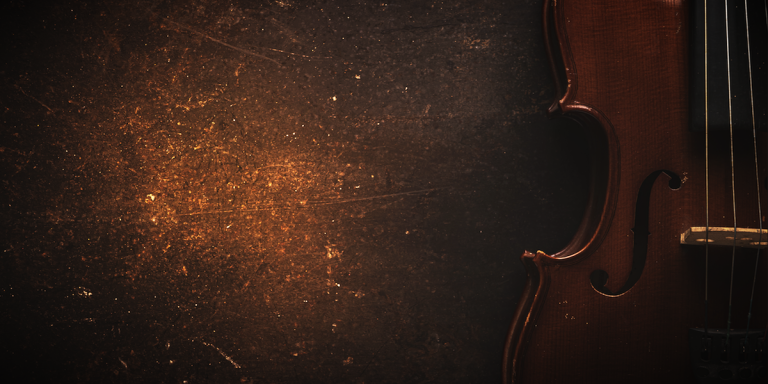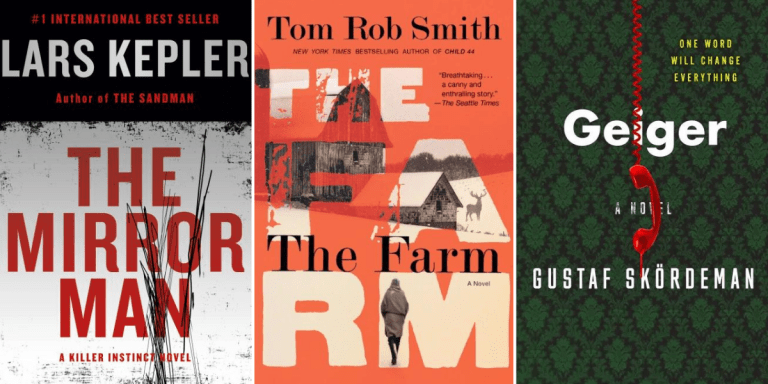Webb and Mann On The Riveting Follow Up To Cold Fear
 COLD FEAR, the whip-sharp follow-up to STEEL FEAR, follows a disgraced Navy SEAL on the run. Set in Iceland, COLD FEAR really has everything procedural lovers and thriller readers are looking for—fast-paced, propulsive, and smart. Is COLD FEAR inspired by actual events the way its predictor was?
COLD FEAR, the whip-sharp follow-up to STEEL FEAR, follows a disgraced Navy SEAL on the run. Set in Iceland, COLD FEAR really has everything procedural lovers and thriller readers are looking for—fast-paced, propulsive, and smart. Is COLD FEAR inspired by actual events the way its predictor was?
JDM: No, though there are certain factual bits and pieces that we worked into the story. But even the actual events that first inspired the STEEL FEAR story were really just a launching pad; once the character of Finn and his troubled biography were shot into fictional space they found their own orbit and trajectory, and we didn’t need the launching pad anymore.
BW: Most fiction is inspired by life events, which is why so many of the best writers have all kinds of rich, colorful life experiences to draw on. John and I both have incredibly diverse life experiences; I think it’s the combination of the two of us that makes our story-telling work.
For those who don’t know, can you tell us a bit about the first book in this series, STEEL FEAR, and why you decided to base it on real events?
BW: The plot for STEEL FEAR was inspired by a serial molester that was onboard the USS Abraham Lincoln when I was deployed in the ship as an aviation systems operator and rescue swimmer with HS6, a helicopter squadron based in North Island, San Diego, CA. They never caught the perpetrator and it always bothered me that this creep was running around the ship molesting women and was never caught.
JDM: STEEL FEAR is about a traumatized Navy SEAL who stalks a serial killer aboard an aircraft carrier in the middle of the Pacific. As Brandon says, it was inspired by a tour he did on the Lincoln in the mid-nineties, when women were first being integrated into naval warships in combat roles. It was a miserable deployment with an uninspiring captain—and a sexual predator who would sneak into the women’s quarters and grope them in the dark. At the time Brandon thought, “What if these were murders?” He carried that thought for fifteen years, until the two of us met and hatched the idea that eventually became the first Finn book.
You’ve been a writing duo for quite a while now. Can you give us the details on how that works? What’s it like to write together—the good, bad, and everything in between.
JDM: We’ve done this for eight books spanning thirteen years, so we’ve pretty much got a rhythm going! People often assume that Brandon’s principal role is to supply the military background, and there’s truth to that, but what he really brings to the table is an endless imagination and classic SEAL problem-solving skills. We brainstorm plot questions, story points, strategic and tactical inventions and solutions, mostly going back and forth in short emails or phone calls. I do most of the heavy lifting, in terms of character development and actual prose on paper. But Brandon’s a hell of a writer himself, and he also puts his oar in the water at key points.
BW: What John said! I’d only add that the pivot to fiction has been extremely challenging for me, but also very rewarding as a writer. Working alongside John has forced me to create and write at an entirely different level, and I’m grateful to him for that.
You both have interesting backgrounds outside of your writing careers. What made you interested in writing novels in the first place? Was there a moment you realized…heck, we’re actually pretty good at this?
JDM: On one of our very first phone calls, back in 2009, when we were first starting to work together on his memoir, THE RED CIRCLE, he said, “Hey, would you ever be interested in writing a novel together?” From that phone call on, we knew we were going to do it, but we didn’t honestly know if it would be any good. It was the moment a decade later we finally started drafting bits and pieces of the novel—short scenes and character sketches of Finn, Monica, and Jackson — that we knew, Hey, this is working.
BW: I felt that this was the next natural progression for both of us after working together for over a decade. I agree with John, in the beginning I think we both knew we were entering unfamiliar and potentially dangerous waters. Thankfully our incredible agent, Alyssa Reuben at WME, believed in us and pushed us to really elevate our story-telling to a higher level. The reviews and professional peer feedback have been humbling and encouraging for us and keep us rolling on the throttle full speed!
More on your backgrounds because they are seriously interesting. Brandon: What are some lessons you learned in SEAL training that were surprisingly helpful for your writing career? John: Any tricks of the trade you learned as a musician or journalist that ended up being beneficial for your writing journey?
BW: I think most of my story-telling I owe to having adventurous parents. I grew up on a sailboat for five years, from age 11 to 16, with no television and only books and my Dungeons & Dragons–playing buddies. Reading and using my imagination in playing D&D was incredibly helpful. The SEAL part of my life helped me to learn to never take “no” for an answer. So many people I respected told me I’d never make it through SEAL training — and that taught me the importance of self-confidence, that if you believe in something and put in the work and training, you can do most anything you set your mind to.
JDM: Music is my native language; I think in music. Though I haven’t done any formal composing since my twenties, in a way I’ve never stopped. In writing I’m always thinking in terms of compositional structure, the way a theme will develop and cycle and return in a symphony. And questions of pacing, of melodic variation and contrasts of tone, volume, crescendo and diminuendo, these sonic qualities that I imagine poets spend a lot of time immersed in, they’re always alive for me in the sculpting of a scene or chapter.
Setting is an important element in your stories, and in many ways, it’s used as a character all its own. In COLD FEAR, we’re brought to the frozen swathes of Iceland, where Finn must track down three corrupt SEALS. How do you determine where to set your thrillers?
JDM: In many ways the environment comes first! After writing a locked-room mystery in an aircraft carrier, we knew we wanted to write another environment that most readers wouldn’t be familiar with, that would have that sense of being an strange, alien world. As a writer, it gives me the chance to learn a completely foreign world from the ground up, which puts me in exactly the same position as our readers. We’re learning about this strange place together.
BW: I think John and I both enjoy really shoveling deep into an interesting setting. It’s part of the element of STEEL FEAR that we both wanted to carry forward into the entire series. Iceland was a place that resonated with us both, especially after I shared a recent New Year’s trip with John about my time touring the land of fire and ice!
Geopolitics plays a large role in your novels, the interworkings of governments in the global arena—even if it’s one man acting on the behalf of many. Do you see your books relating to reality or are they strictly meant as an escape from reality?
JDM: Absolutely relating to reality. I’ve never held with that “escape from reality” notion. To me a great book, not matter what the genre, from cookbooks to interstellar fantasy, connects you to reality. It helps you shape who you are and how you operate in the world—and it gives you vital clues to how the world operates, too. For the Finn books, while the stories are fiction, there’s a great deal of detail in them, and a lot about the overall storylines that are quite real, or at least quite feasible.
BW: I agree with John. We want to weave in believable characters and events that hit you in the gut and get you to think, “Shit, this could happen! Or is happening!” We’ve seen this with the recent headlines of suicides on board a carrier in May of this year. Plus the Russia-Ukraine situation unfolding right now…well, no spoilers! I also think my running SOFREP as its publisher really helps us both stay close to geopolitical realities and weave them into our writing in a compelling way. Honestly, I think what makes our books interesting is the combination of who we are and the lives we both lead.
Discover the Book
Disgraced Navy SEAL Finn is on the run. A wanted man since he jumped ship from the USS Abraham Lincoln, he’s sought for questioning in connection to war crimes committed in Yemen by a rogue element in his SEAL team. But his memory of that night—as well as the true fate of his mentor and only friend, Lieutenant Kennedy—is a gaping hole.
Finn learns that three members of his team have been quietly redeployed to Iceland, which is a puzzle in itself; the tiny island nation is famous for being one of the most peaceful, crime-free places on the planet.
His mission is simple: track down the three corrupt SEALs and find out what really happened that night in Yemen. But two problems stand in his way. On his first night in town a young woman mysteriously drowns—and a local detective suspects Finn’s involvement. What’s worse, a SEAL-turned-contract-killer with skills equal to Finn’s own has been hired to make sure he never gets the answers he’s looking for. And he’s followed Finn all the way to the icy north.
By clicking 'Sign Up,' I acknowledge that I have read and agree to Hachette Book Group’s Privacy Policy and Terms of Use
What to Read Next





